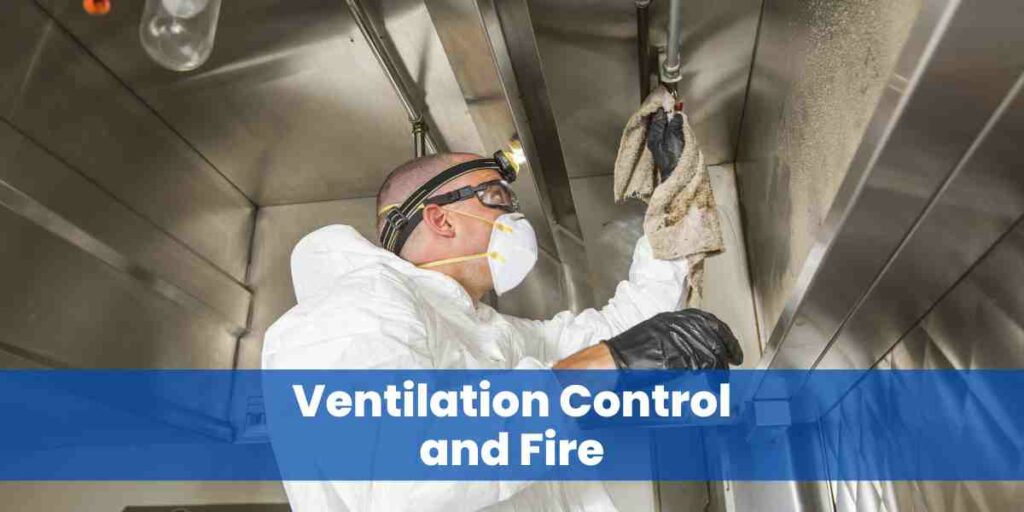NFPA 96
The National Fire Protection Association (NFPA) is a global non-profit organization that develops and publishes codes and standards related to fire protection and life safety. In Ontario, the NFPA codes and standards are not automatically adopted as law, but they are often referenced in local building codes and regulations and are widely recognized as best practices in the fire protection industry.
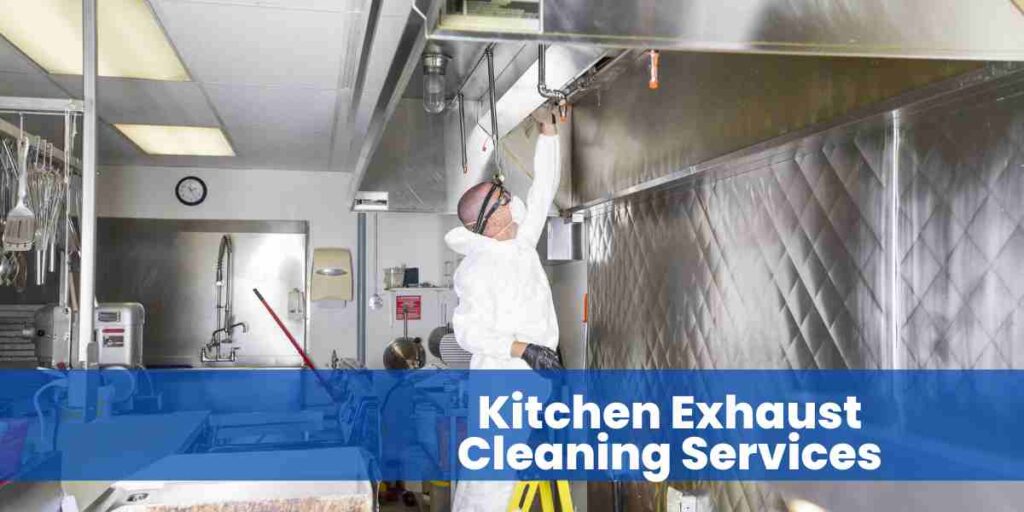
Request a Estimate
exhaust cleaning estimate today.
NFPA 96
The National Fire Protection Association (NFPA) is a global non-profit organization that develops and publishes codes and standards related to fire protection and life safety. In Ontario, the NFPA codes and standards are not automatically adopted as law, but they are often referenced in local building codes and regulations and are widely recognized as best practices in the fire protection industry.
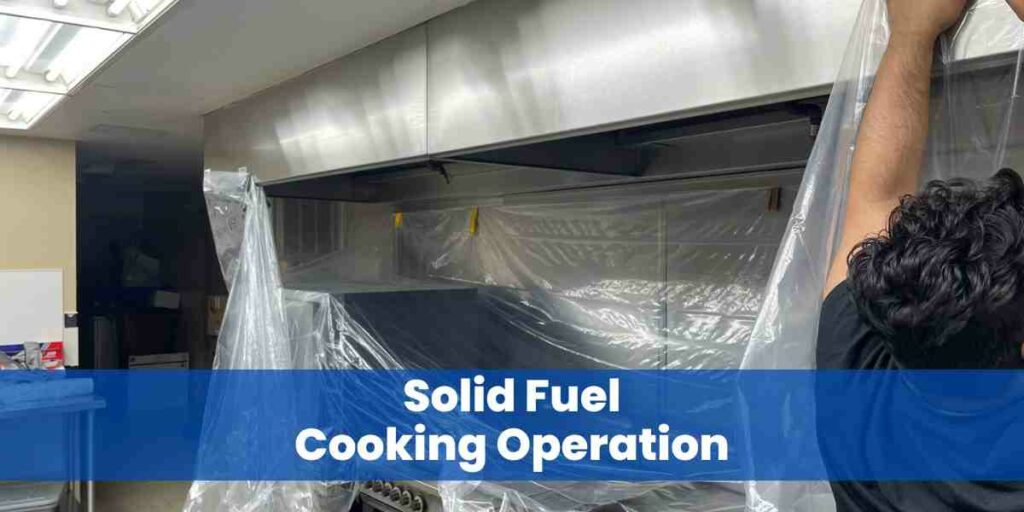
NFPA 96 Inspection Checklist
The NFPA inspection checklist is available from many sources and is frequently used by fire protection professionals to guide the inspection of kitchen hood systems. It covers exhaust system components such as hoods, filters, ductwork, fans, grease extractors and more.
The checklist typically includes items such as examining for corrosion or damage to parts; ensuring proper operation of safety devices; verifying that the system is free of obstruction; checking for proper location and secure mounting of parts; ensuring compliance with local codes and standards. It also covers grease removal device, visible grease receptacle issues, and cooking equipment located in vulnerable areas.
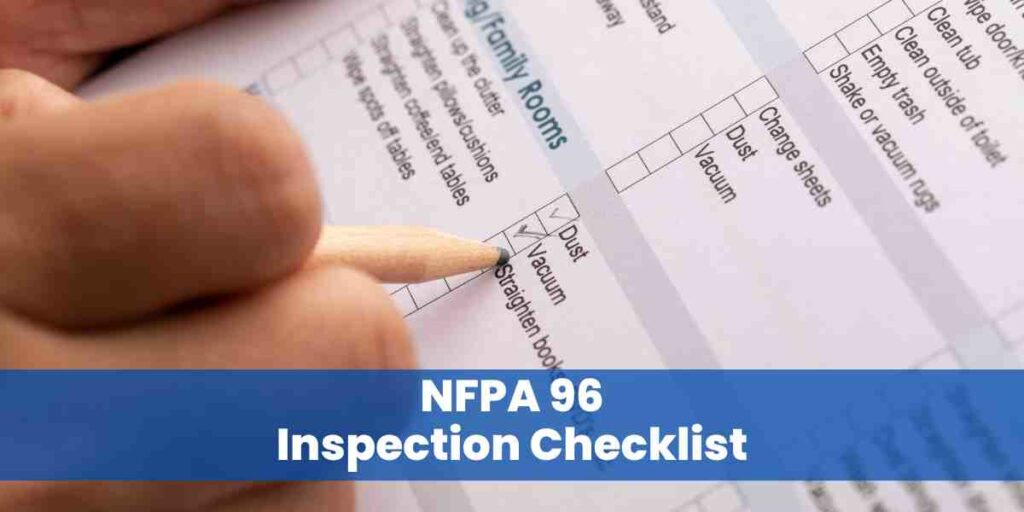
NFPA 96 Kitchen
Hood Cambridge Ontario
In the context of restaurants in Ontario, the NFPA codes and standards may be referenced in relation to the restaurant’s design, construction, and operation, as well as the maintenance of fire protection systems and other safety equipment.
For example, the NFPA 96 guides designing and installing ventilation systems for commercial cooking operations, including restaurants.
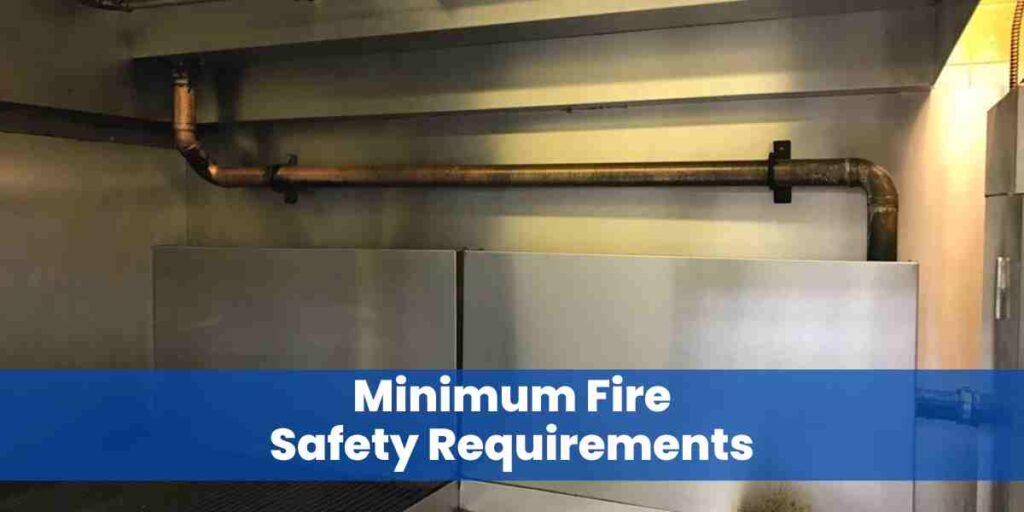
NFPA 96 Standards for
Cambridge Restaurants
Restaurant owners and operators in Ontario must be aware of applicable NFPA codes and standards to ensure their establishments abide by these rules for the welfare of their staff and patrons.
Strict observance of these regulations is instrumental in safeguarding against potential harm or danger.
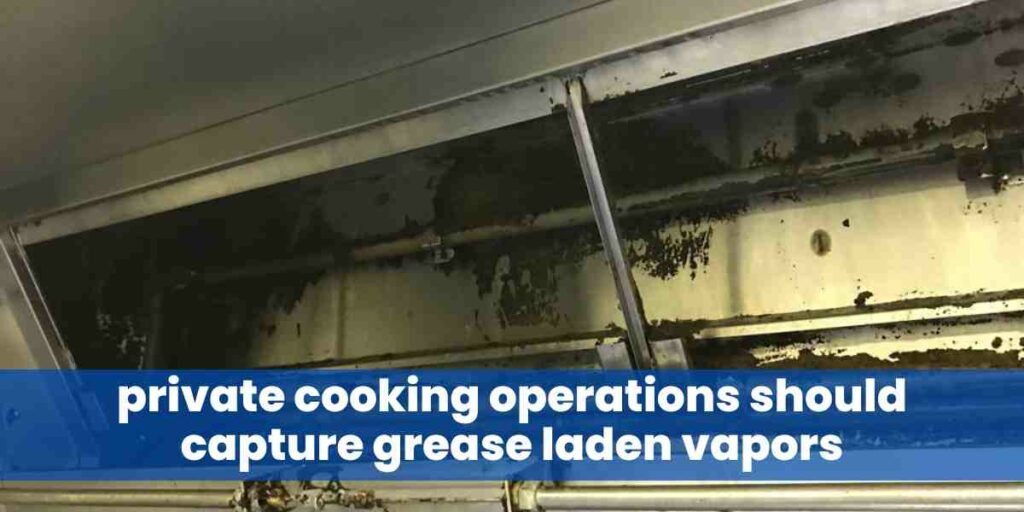
NFPA 96 Hood Cleaning Frequency
The NFPA recommends the following cleaning frequencies:
High-volume cooking operations must clean their hoods, ducts, and other grease-removal equipment at least every three months to remain safe and efficient.
For cooking operations of moderate volume, the hoods, ducts and other grease-removal equipment should be thoroughly cleaned every six months at the minimum.
To guarantee optimal kitchen performance and safety, all grease-removal equipment like hoods and ducts, must be cleaned annually in low-volume cooking settings.
To guarantee that hoods and ducts are being cleaned thoroughly, it is essential for restaurants to create a written cleaning schedule and document all of their cleaning processes. This will ensure that they remain in compliance with health regulations.

NFPA 96 Code
Violations of the NFPA 96 codes and standards can result in legal repercussions. Restaurant owners and operators should ensure they are aware of the latest version of the code before any changes are made to their kitchen, as any violations could affect their ability to remain in business, including dirty hood grease filters and the presence of grease laden vapors.
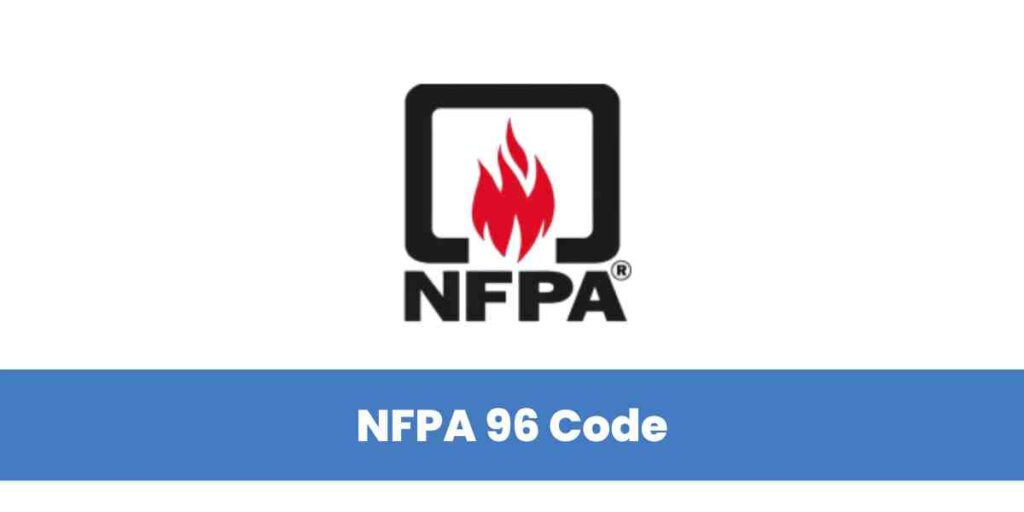
NFPA 96 Kitchen Hood Inspection
It is imperative to have NFPA 96 inspections conducted by a qualified professional to ensure the kitchen hood installation and commercial cooking equipment meet all codes and standards. An inspector will examine all areas of the hood system for fire protection of commercial equipment, such as filters, exhaust fans, ducts, and grease removal devices to see if there are grease laden vapors.
The inspector should also consider local codes and regulations when conducting their inspection. This applies to both commercial and residential cooking equipment.
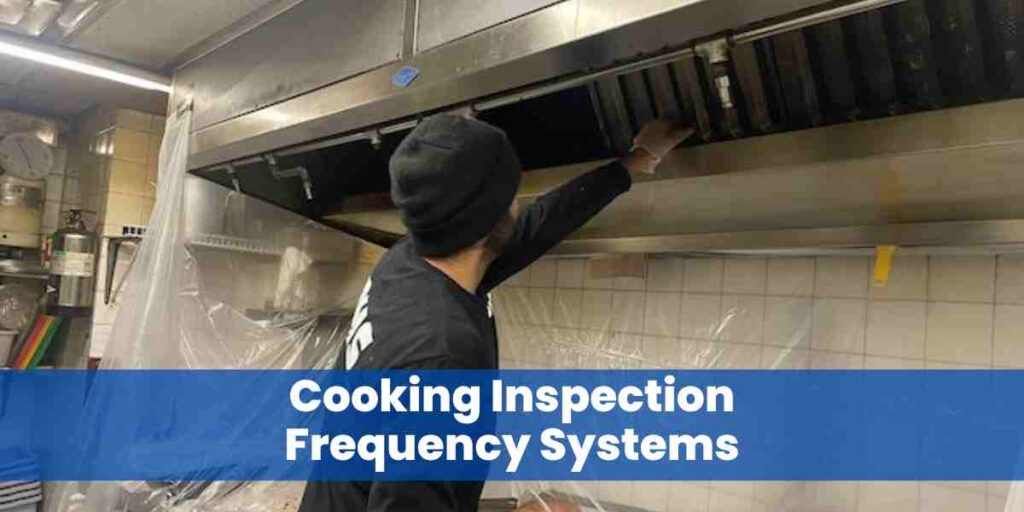
NFPA 96 Compliant
Your Cambridge, ON, restaurant has to be NFPA 96 compliant, meaning that all kitchen hood system components must be installed and maintained according to the latest version of the code for the protection of commercial cooking operations. The inspection will ensure that your establishment meets all safety standards and that you comply with local laws.
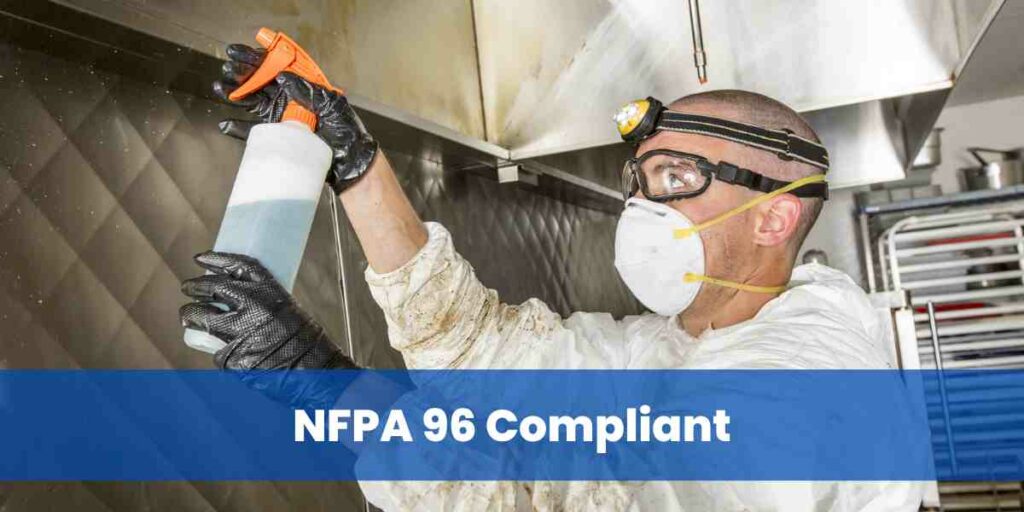
NFPA 96 Hood Cleaning in Cambridge
Cambridge Hood Cleaning is a premier hood cleaning company providing services for commercial cooking equipment in Cambridge and the surrounding areas. We are NFPA 96 compliant and certified to provide an array of services, from deep hood cleaning and installing grease removal devices to maintenance and repair as well as ventilation control.
Call our hotline to learn how we can transform your food service business into a safe and compliant environment.
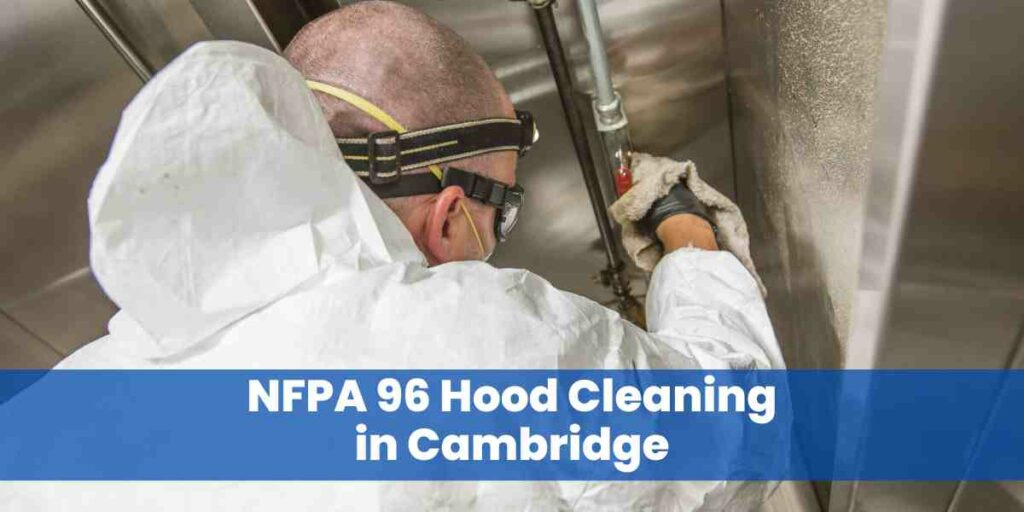
National Fire Protection Association
NFPA 96 codes and standards for ventilation control and fire are in place to ensure that commercial kitchens meet the highest safety standards. By following NFPA 96, restaurant operators can guarantee compliance with local health regulations and ensure a secure environment for staff and customers.
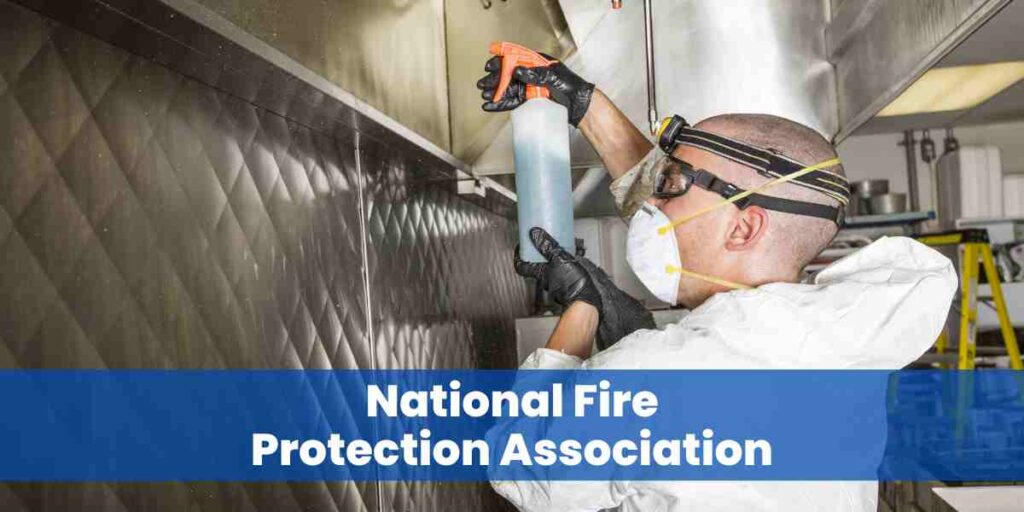
Ventilation Control and Fire
In North America, the National Fire Protection Association (NFPA) has established safety regulations and protocols for the protection of commercial cooking. NFPA 96 is the authoritative code of regulations concerning ventilation systems, fire protection systems, hood construction and maintenance, cooking equipment installation, and fire alarm system.
A must-have for anyone looking to guarantee safety in all aspects of hazardous operations or activities.
